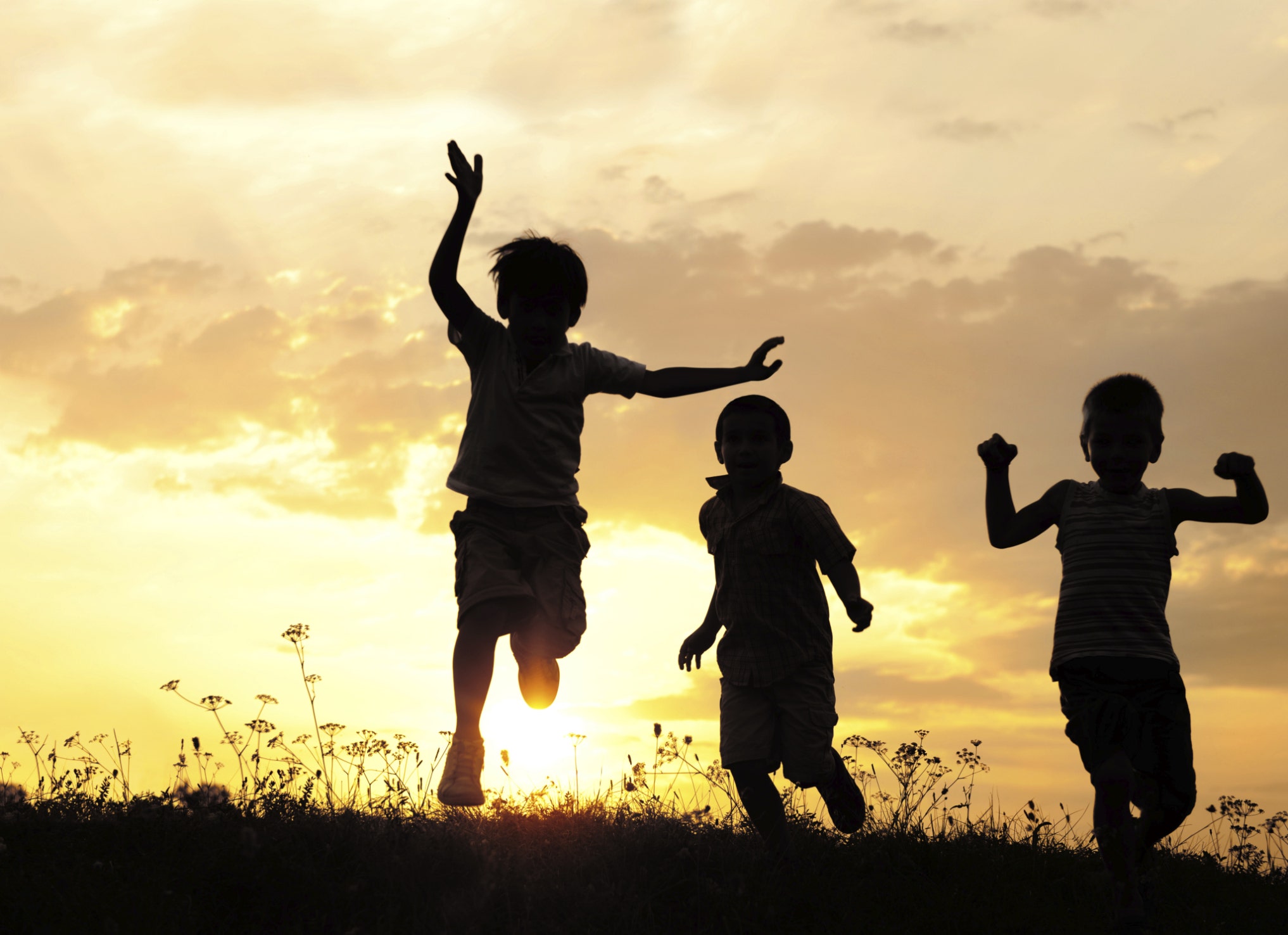
Losing a family member at such an early age is hard—BUT is it even harder when you can't remember?
By Judy Guess — Written on Aug 04, 2015

It has been 42 years since my brother died suddenly. I still struggle with the question, "How many brothers do you have?" Do I answer 4 or do I answer 5? I never really know what to say and my answer changes according to the context of the question. My brother was an athletic 16-year-old, in apparently perfect health when he had heart failure during gym class. That kind of loss is simply unimaginable—until it happens.
Too Young
It only adds to the confusion that at the time of his death, I was barely 3 years old. Even though I have very distinct (and apparently accurate) snap-shot memories of seeing the EMTs "work on him" in my eventual high school gym as well as mental images of the funeral, it all seems like an odd dream. The thing is, I don’t really remember him. I have no memories of the sound of his voice, the way he walked, his sense of humor, or any of his idiosyncrasies that made him uniquely … him.
I was not just the baby in the family, I was the baby by 9.5 years. That means my brothers ranged in age from 12 to 20 on that day in 1972. They were all plenty old enough to have memories around the person as well as the dynamics of our family prior to the aftermath of loss. However, all of my childhood family memories contain an underlying haze of rarely spoken grief.
"Correct" Grief
I am in no way suggesting that any member of my family did not handle their own loss "correctly" or that they mishandled the way that they treated me. I simply think it was a tragic situation that profoundly affected each of our lives in different ways. I’m sure my family is thankful that I have few memories of that time, but I feel that it is an impenetrable barrier of emotional separation.
Similar situations most commonly create these feelings of isolation, but I believe these feelings are rarely spoken. It’s like working in the World Trade Center, but calling in sick on 9/11. "Yes, I worked there, but I did not experience the defining moment in history—I am not a hero." Not having fully experienced such a defining moment creates feelings of disconnection and unworthiness.
A Few Examples
Our family generally gets together on Thanksgiving. It’s our big family holiday. During one particular Thanksgiving after I had started a family of my own, my parents presented a video of all of their slides (hours worth) with their personal commentary. It was great to have recorded all the backstories to some of our "famous" and many times embarrassing family pictures. We all sat around in the living room to watch the video with stomachs full of turkey and lots of laughter. After an hour or so when the pictures were coming ominously close to my brother’s death, my parent’s commentary on the video fell quiet. The silence in the room was deafening. My particular pain was not in the loss of my brother, but rather in my feeling of unworthiness to even be in the room. The in-laws and the grand-kids found their way to the kitchen to allow for the family moment—as did I.
Several years later when my father died, my youngest daughter was 3 years old. I remember at the funeral thinking that she will have no memories of her grandfather. I did not put together the connection of my father’s death to my brother’s until we went to the cemetery. My father was buried next to my brother’s grave. It was obvious that the emotions of my brothers and mother were not just for my dad, but apparently just as much for my deceased brother. My thoughts were that my grief could never compare to theirs. It is the order of things for your 81-year-old father to die, but not for your 16-year-old son or brother. How could I justify my feelings of loss in the face of theirs? Yet again, I gave space to allow for their family moment.
Still Today
Perhaps it is my own son turning 16 this year that has prompted me to begin writing about my own underlying feelings of disconnection and unworthiness in the face of not only grief, but most difficult emotions. I generally opt myself out of the requirement to have feelings when explaining the loss of my brother—"Yes, but I was not really affected. I was only 3 years old, so I don’t remember much."
I am very grateful that my family included me in the events of the loss even if I do not recall them all—at least I was there. When clients ask about their toddlers after a family loss, I always respond that they should be with the family no matter how difficult, or unnecessary, it may seem. Even if they do not remember the event, it is important that they are there.
If you are experiencing similar feelings of unworthiness or disconnection from members of your family or friends, remember that they are not purposely excluding you. Most likely, they are happy that you do not have the burden of their memories. It is okay to grieve a loss that has profoundly impacted your family as well as your own life. It is never too late. You are worthy.
More content from YourTango:
